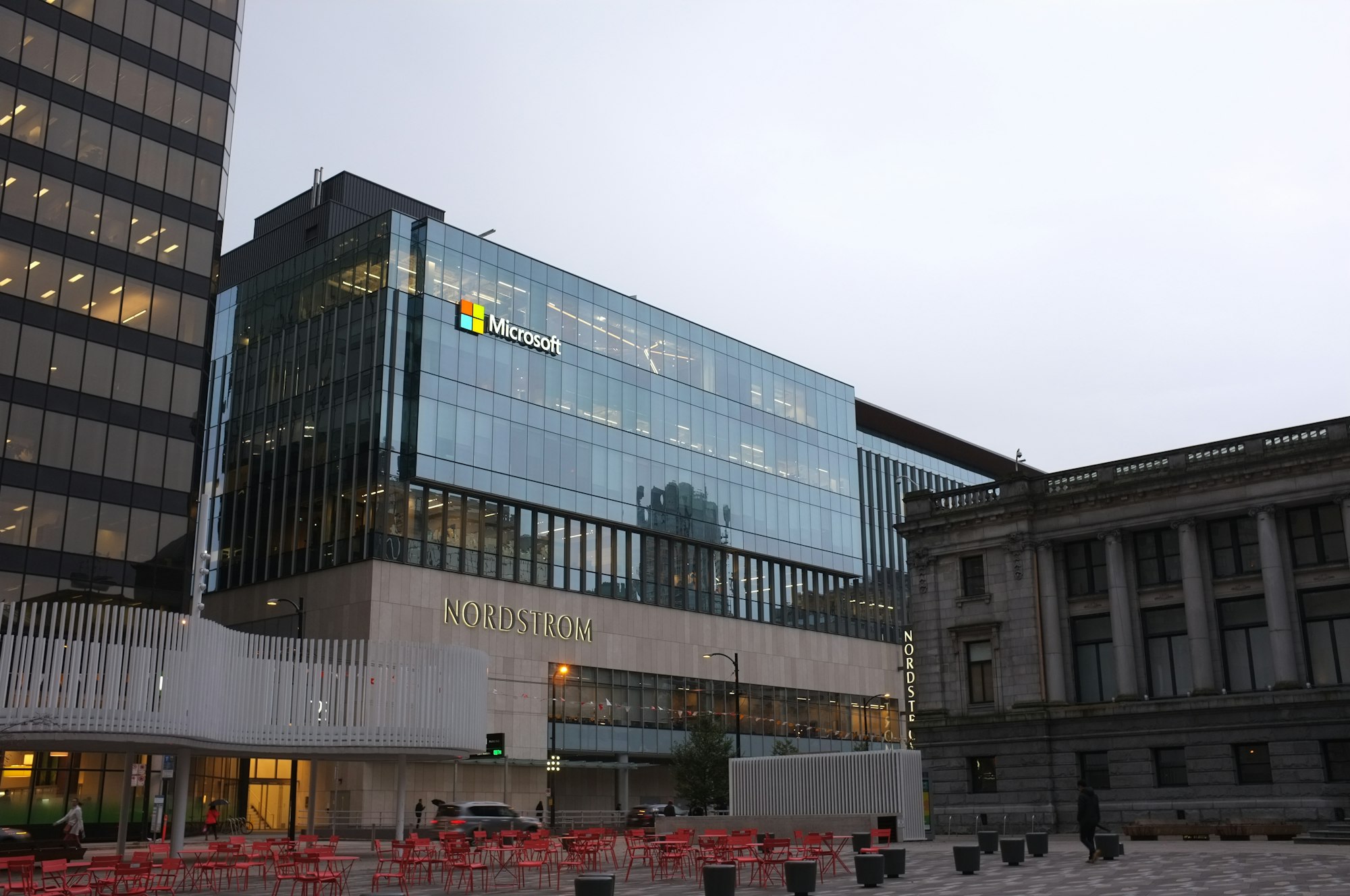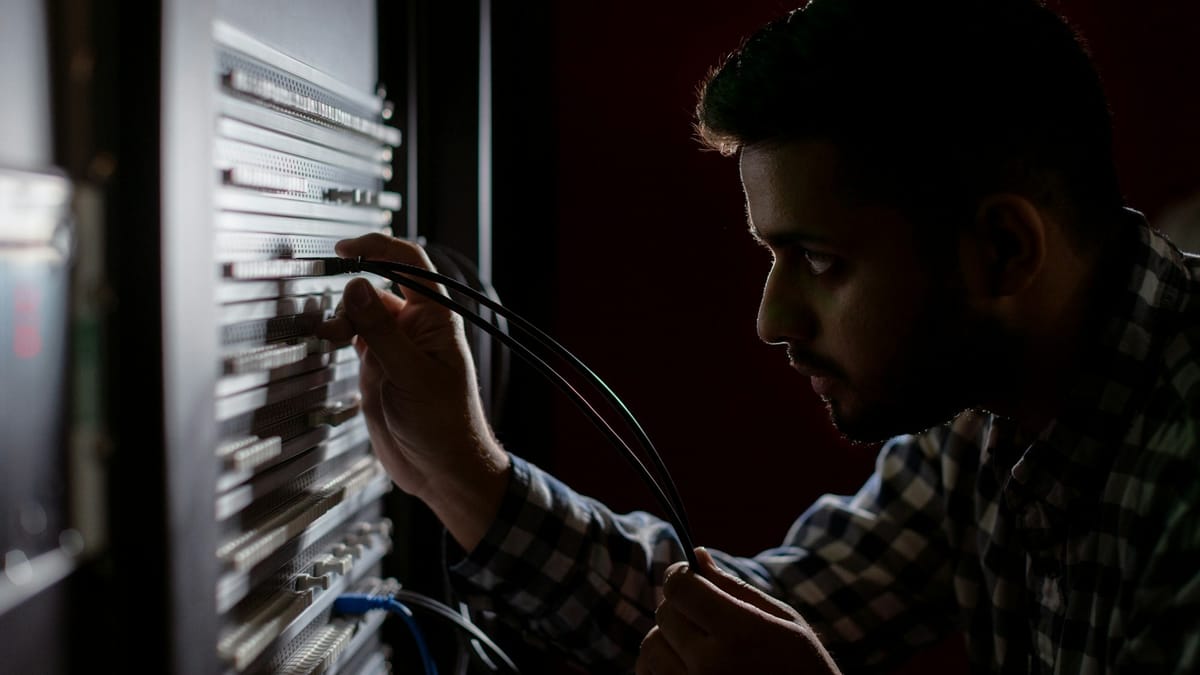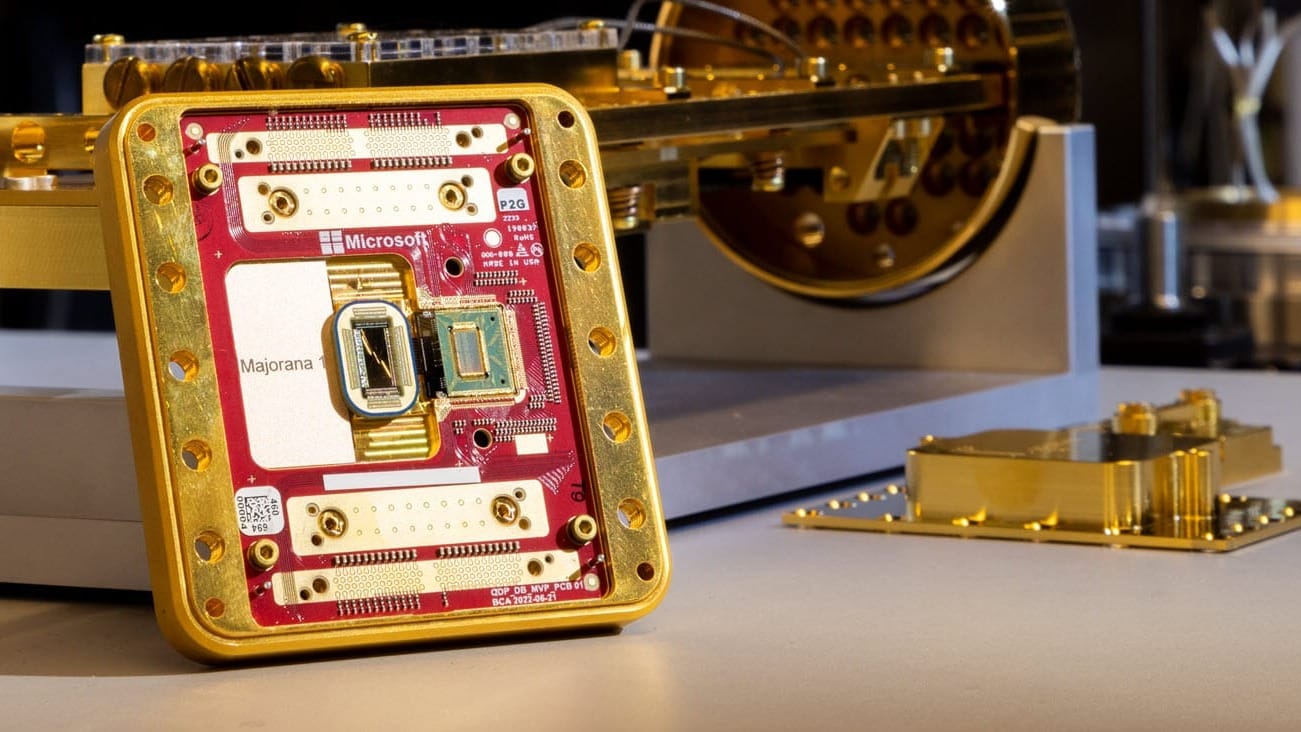Microsoft's latest chip could bring Quantum Computing sooner than we think
And it had to discover a new state of matter to do so.
Quantum computing has always felt like that promised golden child that would completely transform computing as we know it when it finally arrives.
This new kind of computing uses qubits (another term for quantum bits), which can exist in multiple states at once instead of just 0s and 1s like traditional computers. Its computers are much faster than traditional computers when solving super-complex problems.
There have been steady breakthroughs over the years, but large-scale, reliable quantum computing has remained out of reach. Many experts believed practical applications were still decades away.
But now, Microsoft has made a big move, claiming it has slashed that timeline to just a few years. And to do it, the company had to create a brand-new state of matter to power this new processor.

The new processor, called Majorana 1, is Microsoft’s first attempt at a quantum processor using topological qubits. Traditional qubits—the basic units of quantum computing—are incredibly fragile and prone to errors, which makes scaling up quantum computers super difficult. Microsoft says it has solved this problem by developing a new kind of material called 'topoconductors', which makes these qubits much more stable and reliable.
Other companies like Google, IBM, and IonQ are also racing to build quantum computers, but their approaches rely on more delicate qubits, which require extreme conditions—like super-low temperatures—to function properly. Microsoft believes its approach will make it easier to build a quantum computer that can eventually fit in the palm of your hand and handle a million qubits—something unheard of before.

Quantum computers have the potential to change everything—from discovering new medicines to creating unbreakable encryption and revolutionizing AI. They can tackle problems that today’s computers struggle with, like designing life-saving drugs or cracking ultra-secure codes. With this latest breakthrough, Microsoft is leading the charge.
But don’t expect to be able to test Majorana 1 anytime soon. Unlike Maia 100, Microsoft’s AI chip that will be available through Azure, this quantum processor is strictly for research—for now. Microsoft is teaming up with national labs and universities to refine the technology, aiming to scale from just a few qubits to a few hundred before thinking about commercial use. If all goes well, a one-million-qubit quantum computer could eventually make its way to Azure’s cloud, bringing this game-changing tech to businesses and developers worldwide.
Of course, not everyone is convinced. Some, like Nvidia CEO Jensen Huang, think we’re still 20 years away from seeing useful quantum computers. But if Microsoft’s claims hold up, we could be looking at a tech revolution much sooner than expected.









